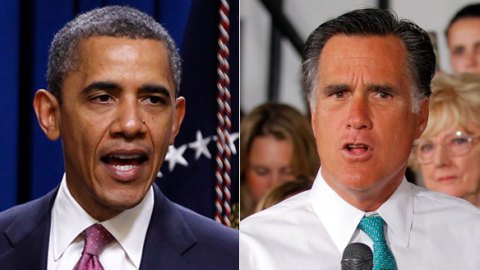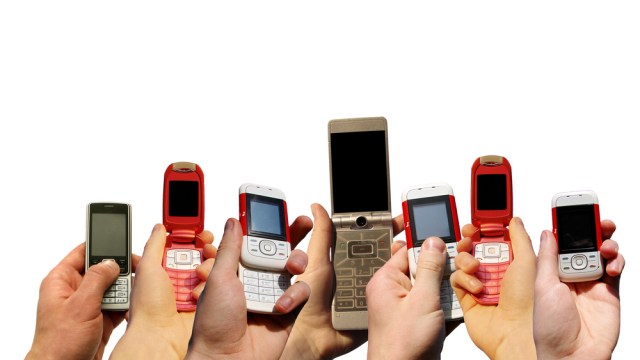The Election (and the Debate) Really Could Go Either Way

Here are the most sensible thoughts about the election that have come to my attention:
1. Romney has had considerable momentum since the first debate. It’s come to an end, not because of Biden or anything but because there are only so many persuadable voters at this point.
2. The Real Clear Politics average of polls is a TIE, with no even microscopic advantage either way in the popular vote. There is no better way of guessing how an election will turn out than going with the averaging of the polls. I know that’s not so scientific, but the scientists know of no better way. The forecasting by the political scientists, economists, and such is worthless. And it’s just a guess which particular poll is best. They all have obvious problems.
3. Reason for hope for Obama: When Romney is flourishing, the polls show a tie. When he’s flailing, Obama is up four or five. So it appears that Romney’s margin of error—in many senses of error—is far more narrow than the president’s.
4. Another reason for hope for Obama: The electoral college favors the Democrats, and Romney has to win more of the very close, coin-flip states to get to 270 electoral votes. If Obama were to win the popular vote and lose the electoral vote, imagine the country’s crisis of legitimacy, egged on, of course, by the mainstream media. Obama won’t have nearly the same problem if he loses the popular vote but wins the electoral vote. Fortunately for peace and good order, the latter is far more likely.
5. A reason for hope for Romney: The line on the election has been that Obama had to turn it from a referendum on his unsuccessful record into a referendum on Romney’s scary record and uncaring character. The goal—which had been pursued effectively—has been to make Romney an unacceptable alternative. That would make the president’s victory more personal than anything else. But Romney has about eliminated the personal gap and the acceptability gap since the debate. Meanwhile, the president’s job approval rating has dropped under 50%.
6. According to the astute Piers Morgan, Romney might be the most unprincipled or hugely flip-floppy and most personally upright candidate ever. He also has quite the record of business accomplishment, which may or may not have been at the expense of the ordinary worker. Piers adds, strikingly, that Romney might save America. He might have the competence required, for example, to mend—not end—our indispensable system of entitlements and to be prudent enough to keep the economy from falling off some cliff.
7. So another reason for hope for Romney: Piers’ line of thinking might explain why a bare majority of Americans might be willing to give Mitt a chance.
8. It could be (and I’m just guessing) that tonight’s second debate will be less challenging and less dangerous to Romney than the third on foreign policy. Romney has the disadvantage, of course, of no foreign policy experience. And Obama has an advantage just because there’s been no large terrorist attack on Americans under his watch.
9. Even the full exposure of the president’s incompetence and mendacity concerning the Libya murders probably won’t make Americans seem much less safe. And, of course, people really wanted to believe our vice president when he said that we have turned Afghanistan over to the able hands of trained Afghan security forces. That’s because people want to believe whatever is necessary to be okay with getting out of Afghanistan and Iraq.
10. Some Republicans—such as Tea Partiers—have been saying this is the most important election in a generation. The real issue is Obama’s stridently progressive ideology—which threatens limited government with big government initiatives, beginning with ObamaCare. From their view, the election should be a referendum on a new birth of progressive reform—something like 1936 (but the good guys winning this time).
11. But such “critical elections” result in ideology-driven landslides—a choice for or maybe against REAL CHANGE. This election will be very close, and the winner won’t have much of a mandate. Neither candidate is campaigning in a particularly ideological way. Obama is complaining that the new, moderate Romney has replaced the old conservative extremist. But Obama is campaigning as a moderate too, and he’s not really talking up an agenda of change we can believe in.




